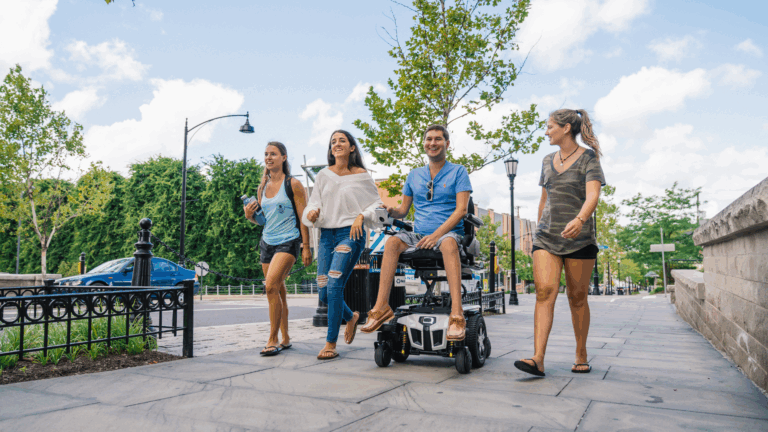
A good night’s rest is vital to the health of all people, especially those with disabilities. People with disabilities and other health conditions need more sleep than the average person. Besides, your physical health, mental health, ability to operate machinery, and problem solve are all enhanced when you are well-rested. People with disabilities who have chronic pain are less able to tolerate the pain when sleep deprived. Here are five suggestions on how to improve your sleep.
- Make sleep a priority. Set a goal for the amount of sleep you want to get each night. Start your nighttime routine a few hours in advance of your set bedtime. Studies show healthy adults perform best with 7 to 9 hours of sleep per night.
- One hour before bedtime stop looking at blue light, including television, computer screens, and cell phones.
- If you are having trouble falling asleep in bed, get up and go do something until you get sleepy. It’s best to associate your bed with sleep rather than watching TV or struggling to fall asleep.
- Set your alarm for the latest time you can and then get up as soon as the alarm goes off. Hitting the snooze button disrupts your REM sleep.
- Keep your sleep schedule the same on the weekends as you do during the week. If you need to catch up on sleep during the weekend, take a nap. Keep your bedtime and wake times consistent.



